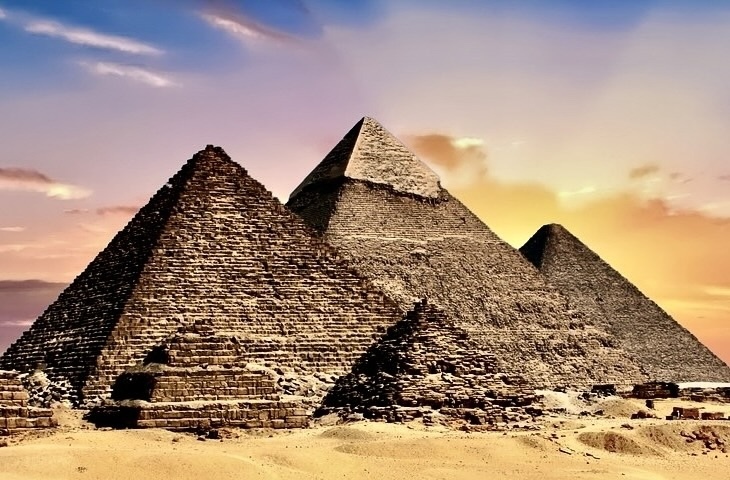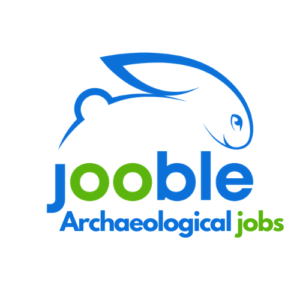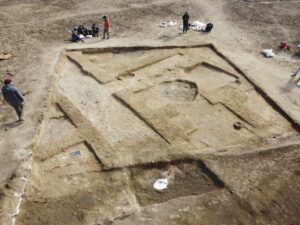
PHILADELPHIA—Archaeologists from the Penn Museum, in collaboration with researchers from the University of Pisa, have uncovered a large tavern dating back to 2,700 BCE in the city of Lagash, located in southern Iraq. With an open-air dining area and a partial kitchen, the researchers found the ancient pub was complete with benches, a refrigerator, an oven, and the remains of old food—shedding light on the people who lived there, including a historically overlooked “middle class.”
Rather than digging straight down vertically in one spot, the team used a phased excavation approach—thanks to Field Director Dr. Sara Pizzimenti from the University of Pisa, who immediately identified the context as similar to those she had excavated years ago in Rome. By digging horizontally—layer by layer—they uncovered the tavern only 19 inches under the surface.
“Recovering a site like this almost 5,000-year-old public eatery so close to the surface is remarkable,” Dr. Holly Pittman, the Lagash Archaeological Project (LAP) Director, and Curator of the Penn Museum’s Near East Section, says. “Only a meticulous, multi-phased horizontal excavation can expose what remains.”
Lagash (modern Al-Hiba) was one of the oldest and largest cities in southern Mesopotamia during the 3rd millennium (3,000-2,001 BCE). It encompassed nearly two square miles. Surrounded by marshes, it was a major population and production center—an industrial hub with access to fertile land that focused on agriculture, together with marsh-related resources, like fishing, reeds, birds, and netting.
This year marks the fourth season that Dr. Pittman and the international team of researchers involved in the Lagash Archaeological Project have continued their work at this ancient site, where they are studying what role craft production played in this ancient city’s enormous economic success. They hope to continue to explore ceramic production in another area and see if the production practices in various sectors differentiate from one another.
Advertisement
____________________________
Since 2019, the archaeologists have found two houses, roads, alleyways, countless pottery pieces, and seven ceramic kilns that remained intact for thousands of years.
By incorporating state-of-the-art technology, such as remote sensing, including magnetometry and drone photography, together with strategic testing, researchers can “see” beneath the surface to carefully select areas that will help to answer research questions.
Dr. Pittman and her team are examining Mesopotamia with a completely different perspective from earlier researchers. Archaeologists of the past restricted ancient peoples to one of two categories—elite or enslaved. These views are outdated, Dr. Pittman says, as Lagash’s residents were independent people thriving in urban neighborhoods.
“Probably what we have—and especially in an environment as precarious as southern Mesopotamia—is that you have a broad band of people that we might consider ‘middle class’ during the 3rd millennium,” Dr. Pittman explains. “They had agency; they made decisions. They didn’t have wealth necessarily, but they were largely independent and had mobility.”
Embracing meaningful community engagement, the Lagash Archaeological Project works with nearby residents to employ them during excavations, as well as the documentation and processing of the excavated materials. Its researchers teach school children and their families about archaeology, while informing them about what the retrieved materials say about the people who lived there in the past.
The Lagash Archaeological Project has also worked to improve infrastructure across the region. Through its collaboration with the regional and national archaeological communities, LAP researchers are training the next generation of archaeologists in a variety of techniques, including GIS survey, remote sensing through drone photography, and magnetometry. In the future, the team is hoping to secure funding to bring three Iraqi archaeology students onto the project.
Dr. Pittman, along with Reed C. Goodman, a Ph.D. candidate in the Art and Archaeology of the Mediterranean World, will be the speakers for the Great Lecture, “Marshland of Cities: Lagash and its Neighbors ca. 2,500 BCE” on Wednesday, May 3, 2023 at 6:00 pm inside Harrison Auditorium at the Penn Museum. They will discuss their work and how recent finds help to reconstruct the ancient environment of southern Iraq, using remote sensing, geological coring, and excavation. Cost: $15. A live streaming option is available for $5. Tickets are available here.
_____________________________
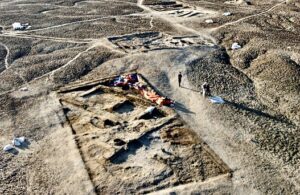
In Fall 2022, Penn Museum researchers uncover a 5,000 year old tavern at Lagash. Photo-Lagash Archaeology Project
_____________________________

Drone photo of Trench 6 with clay pits, street and alley. Photo-Lagash Archaeological Project
_____________________________
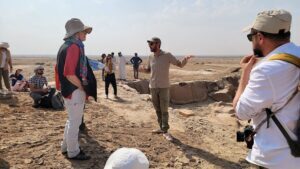
An international team of researchers, including archaeologists from the Penn Museum, planning the next steps at Lagash. Photo: Lagash Archaeological Project.
_____________________________
About the Penn Museum
Home to over a million extraordinary objects, the Penn Museum has been highlighting our shared humanity across continents and millennia since 1887. In expanding access to archaeology and anthropology, the Penn Museum builds empathy and connections between cultures through experiences online and onsite in our galleries.
The Penn Museum is open Tuesday–Sunday, 10:00 am–5:00 pm. The Café is open Tuesday–Thursday, 9:00 am–3:00 pm and Friday and Saturday, 10:00 am–2:00 pm. For updated information, visit www.penn.museum, call 215.898.4000, or follow @PennMuseum on social media.
Article Source: Penn Museum news release.
____________________________
Advertisement
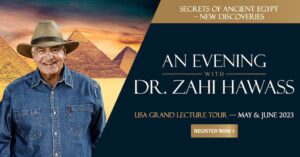
Don’t miss out on this unforgettable evening as Dr. Hawass reveals the most closely guarded secrets of ancient Egypt and presents his groundbreaking new discoveries and latest research live on stage. As the man behind all major discoveries in Egypt over the last few decades and director of several ongoing archaeological projects, Dr. Hawass may yet surprise you with unexpected revelations that will make news across the world.
____________________________


